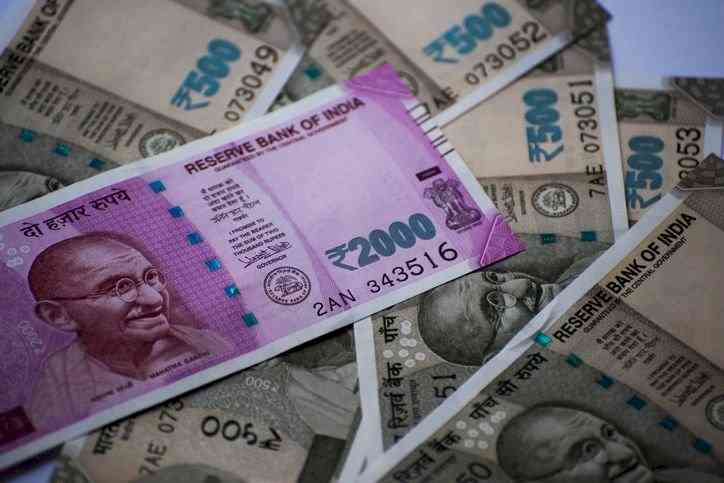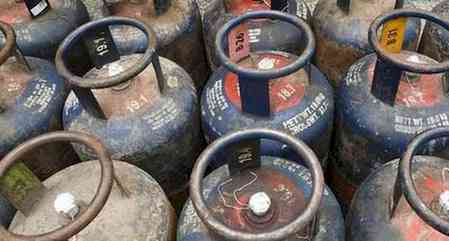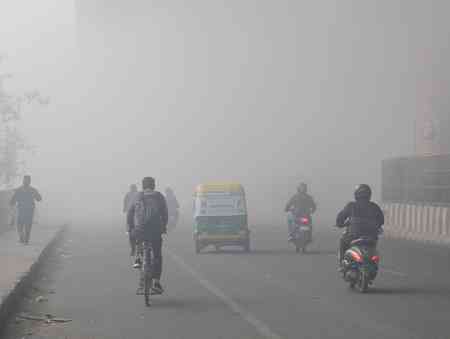Scrap deposit insurance, bring in insurance for advances: AIBEA

Chennai: Public sector commercial banks are unnecessarily bearing the cross of deposit insurance and it should be stopped, said the All India Bank Employees' Association (AIBEA).
He said, there is a valid case for reducing the premium on deposit insurance as the claims experience is very good and the premium should be charged only on the amount of insurance cover and not on the total deposits.
Alternatively, the government can look at insuring the loans advanced by the banks so that the loan write offs, provisions for bad loans could be avoided, he added.
In a letter to Finance Minister Nirmala Sitharaman, the General Secretary of AIBEA C.H.Venkatachalam said, for calculation of the premium, the entire deposit is taken into account but the coverage is only for Rs.100,000 per deposit account. The government is proposing the coverage amount to be raised to Rs.500,000.
"Thus Banks are paying premium even for the Deposits which are not insured," Venkatachalam said.
According to him during the year 2019-20 the total premium paid by the banks was Rs.13,230 crore (commercial banks Rs 12,310 crore, cooperative banks Rs 920 crore) to Deposit Insurance and Credit Guarantee Corporation (DICGC).
Out of this, the claims paid by DICGC was Rs 80.65 crore to cooperative bank depositors and the claims in the case of commercial banks were zero.
According to him, the deposit insurance fund at present is at Rs.110,380 crore and the total claims paid since inception is only Rs.5,200 crore.
"The claims experience is very good and hence the premium rates have to be reduced from the current 0.12 paise per Rs.100 instead of increasing the same as the government proposes," Venkatachalam told IANS.
Venkatachalam said the total deposits of public sector banks is about Rs 77 lakh crore out of which only 30 per cent or Rs 23 lakh crore is covered under insurance for Rs 1 lakh till date (56 per cent or Rs 44 lakh crore deposits after the coverage amount is increased to Rs 5 lakh).
Citing Section 45 of the Banking Regulation Act, 1947, Venkatachalam said the Government and the Reserve Bank of India (RBI) derived the powers, in public interest, to amalgamate any bank with another bank and thus avert closure of banks and consequent loss of deposits of the customers.
"That is why, while hundreds of Banks were getting closed prior to 1960, with this amendment to Banking Regulations Act, not a single commercial Bank has been liquidated or closed," Venkatachalam said.
Out of 2,067 Banks covered by the DICGC, 1923 banks are co-operative banks. Only these banks are facing problems of closure and liquidation and the deposits of these banks need to be covered by DICGC, he said.
According to him, the cooperative banks could also be covered under the Section 45 of the Banking Regulation Act.
"Even in the case of these Banks, only to extent of Deposits covered by the insurance cover, premium should be charged and not on the total assessable Deposits which is much higher," Venkatachalam added.
The AIBEA leader urged Sitharaman to exempt public sector/commercial banks from the deposit insurance and the cooperative banks premium should be charged on the insurance coverage provided and not on their entire deposit base.
As per the premium income and claims figures provided by Venkatachalam, there is a valid case for DICGC to reduce its premium rate rather than increasing the same.
Venkatachalam said the premium payable for the deposit insurance was at 0.05 paise per Rs. 100 per year and in 1971 it was revised at 0.04 paise, increased to 0.05 paise in 1963, 0.08 paise in 2004 and to 0.10 paise in 2005. Now it is 0.12 paise per Rs. 100 from 1.4.2020.
He also wondered the silence of the commercial banks on payment of deposit insurance premium for which there is no need.
Citing the huge bad loans and loan write offs by the government banks, Venkatachalam said there can be insurance for bank loans/non-performing assets instead of deposits.


 IANS
IANS 










